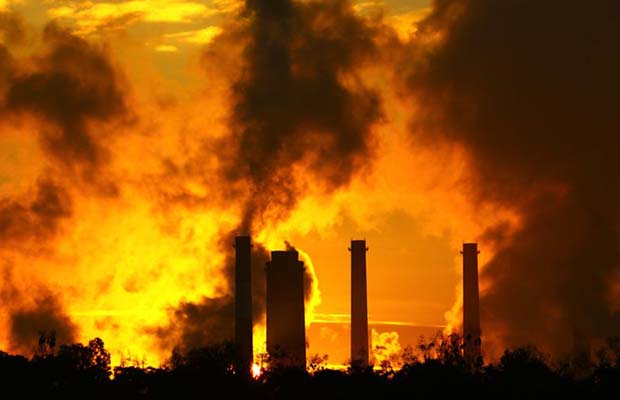
With countries stressing upon curbing carbon footprints and high reliance on fossil fuels, IPCC policymakers are set to make changes to the world’s climate policy and setting the global warming mark at 1.5 degree Celsius.

United Nation’s top body on climate science, Intergovernmental on Climate Change (IPCC) is to examine a UN report bidding to limit global warming at 1.5 degree Celsius mark in its meet in South Korea.
IPCC is an independent climate science body set up by UN’s World Meteorological Organization (WMO) and Environment Programme (UNEP). Its sole purpose is to provide policymakers with neutral, science-based updates about global warming and its impacts, and scenarios for bringing the problem under control.
With countries stressing upon curbing carbon footprints and high reliance on fossil fuels, policymakers are set to make changes to the world’s climate policy and setting the global warming mark at 1.5 degree Celsius.
Comprising of 195 nations IPCC ascertains that to attain 1.5 degree Celsius mark, the world economy must become ‘carbon neutral’ by 2025 thereby eliminating any further carbon emitting in the atmosphere.
IPCC Chair Hoesung Lee said, “Governments have asked the IPCC for an assessment of warming of 1.5 degree celsius, its impacts and related emissions pathways, to help them address climate change. Together we will produce a strong, robust and clear Summary for Policymakers that responds to the invitation of governments three years ago while upholding the scientific integrity of the IPCC.”
The body also mentions that in a very positive perspective of its ambitions, the carbon footprint should touch its peak in 2020 and a steep plunge thereafter.
“Climate impacts are exponentially more dramatic when we go from 1.5C to 2C,” said Henri Waisman, a senior researcher at the Institute for Sustainable Development and International Relations, and a coordinating author of the report.



























